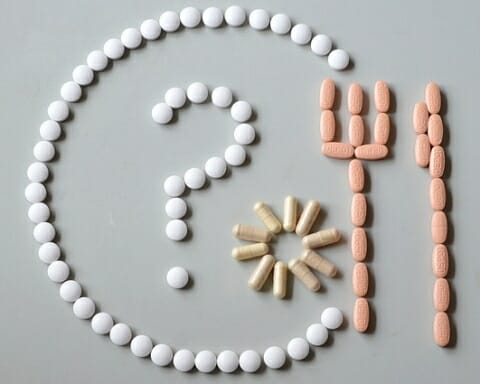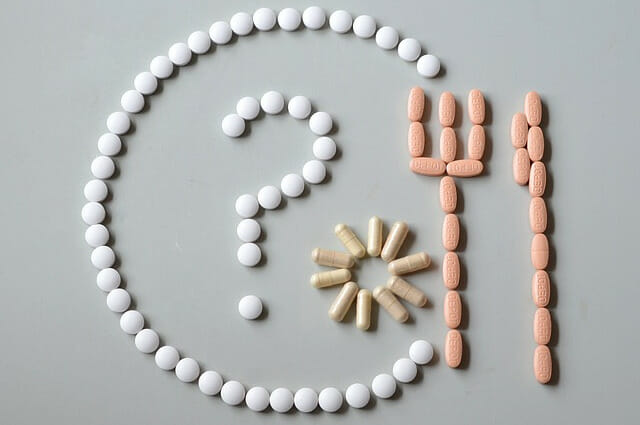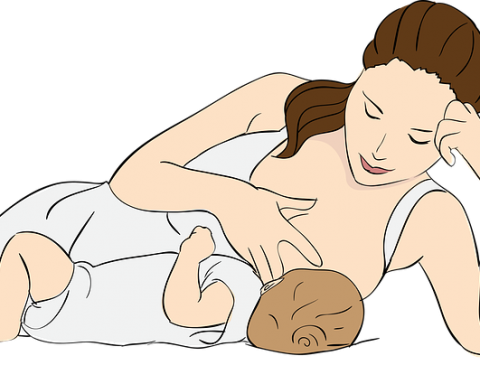Western societies are characterized by unhealthy diets and a high incidence of cardiovascular diseases, diabetes, hypertension, and obesity. The most alarming thing is that these chronic diseases are affecting children, worsening what is already a serious public health problem.
Nutrition plays a fundamental role in the development of many of these diseases. Some recent studies confirm that, even in the fetal period, the repercussions of the diet on human health are evident. Autopsy reports performed on deceased fetuses who died of different causes describe the presence of atheromas in the babies’ arteries, especially in the children whose mothers had high levels of cholesterol and triglycerides during pregnancy.
So, to promote child health, some Finnish researchers conducted a prospective study titled “Evidence of Infant Blood Pressure Programming by Maternal Nutrition during Pregnancy: A Prospective Randomized Controlled Intervention Study,” in which they analyzed maternal nutrition during pregnancy.
The Study
In the study, a group of pregnant women were sorted into control and dietary intervention groups. In addition, the participants assigned to the dietary intervention group were divided into two other groups. One group received a probiotic with anti-inflammatory properties, and the other group received a placebo in order to assess the effects of this supplement on maternal serum lipids levels.
So, in the end, the women recruited were assigned through a computer-generated randomization process to three groups: a control group, a placebo group, and a probiotic group, with the placebo and probiotic groups receiving dietary intervention. All the mothers in the study were observed throughout their pregnancy and for six more months after birth, during which time they monitored the blood pressures of the infants.
For the women in the dietary intervention groups, the researchers modified the fatty acid composition of their foods and encouraged a balanced diet. To achieve these objectives, dietitians performed detailed nutritional consultations, and the researchers provided appropriate foods and visited regularly with the participants to assess their compliance with the given recommendations.
Specifically, the researchers increased the women’s intake of unsaturated fatty acids and reduced their intake of saturated fatty acids. They also encouraged the consumption of vegetables, fruits, grains, cereals, lean meats, and low-fat dairy and provided food products with favorable fat and fiber content. The probiotic group was given a type of lactobacillus, while the other two groups received microcrystalline cellulose capsules as a placebo.
In the clinical evaluation, the researchers assessed the weight, height, blood pressure, pregnancy duration, alcohol consumption, maternal smoking, and breastfeeding status of each mother. The weight, height, and head circumference of each infant were evaluated at birth. The researchers also measured each infant’s systolic and diastolic blood pressures and heart rates using special electronic equipment until the infants were six months old.
The Results of the Study
Despite the significant differences in diet among the study groups, maternal fat intake did not seem to influence infant blood pressure at six months of age. In addition, the consumption of probiotics did not show any interesting results related to maternal serum lipids levels or the presence of hypertension in the baby.
Instead, the results of this study demonstrate the impact of maternal diet on the fetus in other ways. Particularly, if the mother consumes large amounts of carbohydrates, it could lead to hyperinsulinemia in the baby, which may, in turn, cause high blood pressure in the infant.
It is well-established that dietary factors, such as salt and fat intake, affect blood pressure directly, and factors like weight gain and obesity affect it indirectly. Considering the results of this study, a healthy diet during pregnancy still has important benefits for the mother as well as the baby.
Consult a pediatrician if there is any risk of the baby suffering from high blood pressure due to maternal dietary history or if there are any other concerns about a child’s diet. It is worth noting that some previous studies have linked breastfeeding with lower blood pressure in infants, so do not give up breastfeeding. Breast milk is the best food for a baby.
Reference
Aaltonen, Jonna, Tiina Ojala, Kirsi Laitinen, Tarja Johanna Piirainen, Tuija Annika Poussa, and Erika Isolauri. “Evidence of Infant Blood Pressure Programming by Maternal Nutrition during Pregnancy: A Prospective Randomized Controlled Intervention Study.” The Journal of Pediatrics 152, no. 1 (2008): 79–84. Retrieved from: https://www.sciencedirect.com













